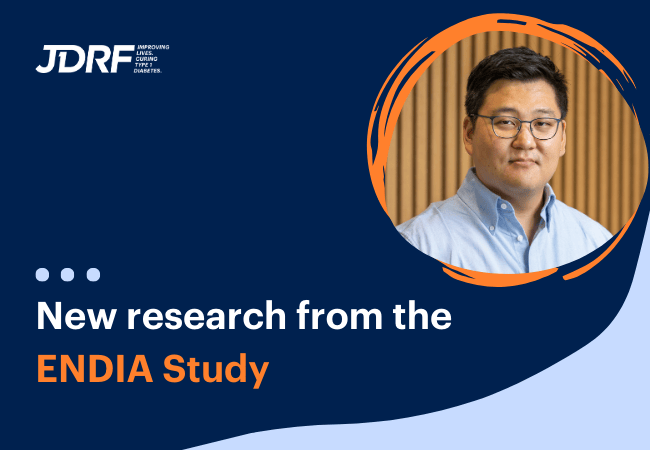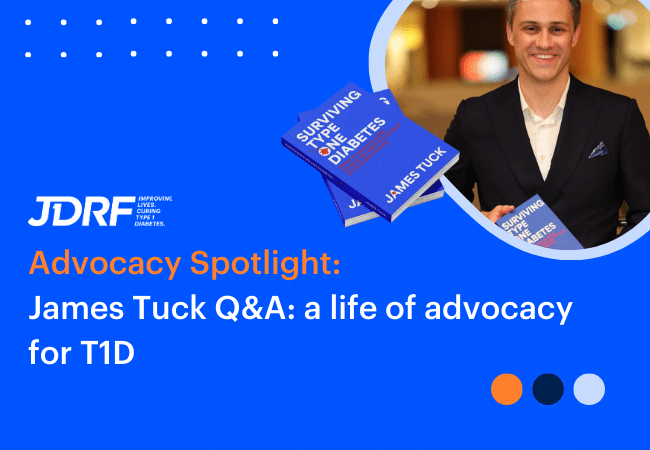Dr Izzy Smith answers some questions on Covid-19
Dr Izzy Smith (@doctorizzysmith) is a Sydney based doctor specialising in endocrinology with a particular interest in diabetes, thyroid disorders and hormone health in athletes.
With Covid-19 a constant source of change and uncertainty in our lives today, particularly for people living with type 1 diabetes, we spoke to Dr Smith for some guidance on concerns related to COVID-19.
View this post on Instagram
Please note that these questions are specific to adults living with T1D and any concerns or questions regarding COVID-19 should be directed to your diabetes healthcare team.
Recently, The Lancet published a study on COVID-19 outcomes for people living with type 1 diabetes. Could you tell us a little more about the findings?
The Lancet study looked at over 40,000 people with type 1 diabetes who had contracted Covid-19 and whilst there was an increased risk of requiring hospitalisation and severe outcomes, this was mainly if people had complications associated with their diabetes e.g. things like chronic kidney disease, high blood pressure or heart disease. For people with diabetes without those associated conditions and especially if they were under 40 years, the risk was similar to people who didn’t have diabetes.
View this post on Instagram
Anecdotally what we’ve seen in my hospital is some people have needed to come into hospital with mild DKA which likely could have been prevented and the Covid-19 itself wasn’t what required them to come in.
How can someone in the T1D community be prepared in the case they test positive for COVID-19?
Covid will likely cause quite severe hyperglycaemia from around days 1-5, so it is really important people have ketone strips to monitor for DKA and if people are on pumps, to have injectable insulin in the fridge in case of pump failure or needing to take some extra insulin to get the BGLS down.
Staying hydrated is also important as is being familiar with symptoms of severe covid such as chest pain, breathing difficult or confusion, which are all signs you should have medical review.
Letting your family know you have covid so they can check in is also important and if available in your area, being linked in with a covid-care at home program so you can be reviewed remotely by a medical team.
What should people living with T1D keep an eye out for if they contract COVID-19?
The same things as anyone who contracts covid, e.g. shortness of breath, difficulty speaking, chest pain or confusion are all signs of potentially severe covid and should prompt medical review.
Specific to diabetes is keeping a close eye on ketones (measuring at least 3-4 times per day) and if they start to rise and you cant get them down with insulin, seeking medical review.
When should people living with T1D seek emergency help? What’s the best way to do this?
Any signs of severe Covid-19 or signs of DKA e.g. rising ketones and vomiting or feeling unwell. Hopefully you will be linked in with a covid-care at home program and they can give advice on if you need to come into hospital and what would be the most appropriate transport option if this is required e.g. an ambulance in severe cases or have a loved one drive you in.
To access a covid-care at home program, the state government health website can provide advice or having a telehealth phone appointment with your GP is also a good way to be linked in.
Finally, like any emergency, if you are seriously unwell and think you need urgent medical care, you should call 000.
As always, there’s a lot of talk about COVID-19 vaccinations for people living with T1D. Are COVID-19 vaccinations safe for the T1D community?
Covid vaccines are no different for people with type 1 diabetes than people without it. Of course, like all vaccines, they have some very rare risks, but the benefits outweigh those risks exponentially.
I am recommending to all my patients with type 1 diabetes to try and get their booster vaccine as soon as eligible as emerging data is showing the risk of severe covid for people who’ve been vaccinated is very low.
Do COVID-19 vaccinations effect people living with T1D differently?
Because vaccines work by activating the immune system which naturally causes a mild inflammatory response, some people will have 2-3 days of higher BGLs. This may require a few correction doses or if you use a pump, a temporary basal for a few days, but it isn’t a reason to avoid getting vaccinated.
Many members of the Australian T1D community and their loved ones are feeling understandably anxious about the health landscape right now – what’s your biggest message for those people?
That it’s understandable to be anxious and that means you care about your health. The anxiety or worried thoughts themselves aren’t a good predictor of reality or what will happen if you or a loved one with type 1 diabetes contracts covid. People should be reassured that people with type 1 diabetes alone do not have a significantly increased risk compared to the general population but like everyone, should be sensible and take covid seriously.
The most important thing and what will decrease your likelihood of having serious covid is to be prepared. Being prepared means being vaccinated, taking reasonable precautions e.g. avoiding busy indoor places and if you do contract covid, having what you need at home and being linked in with friends and medical care.



